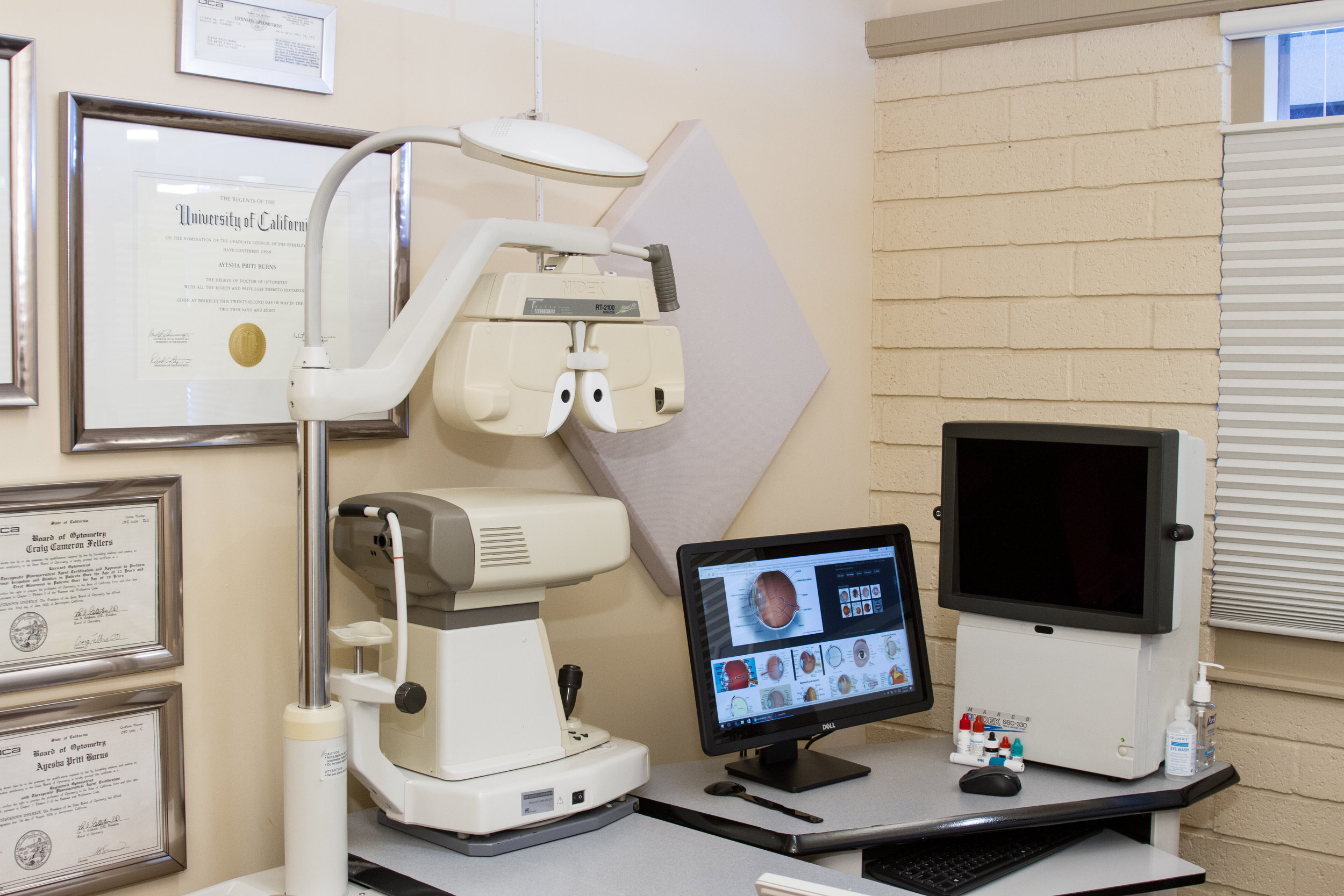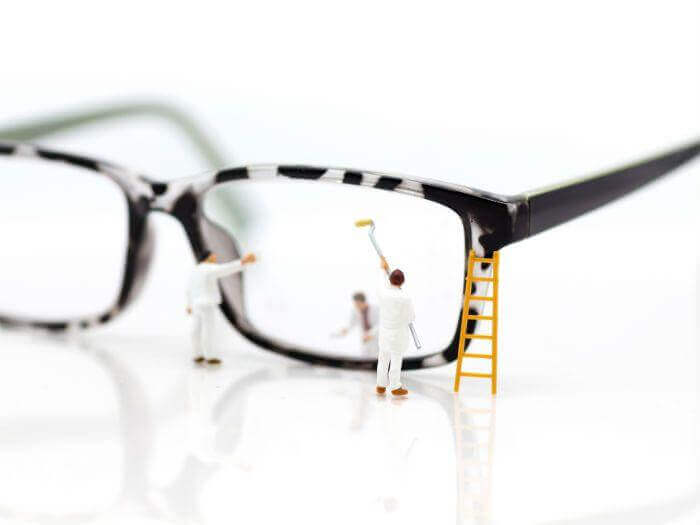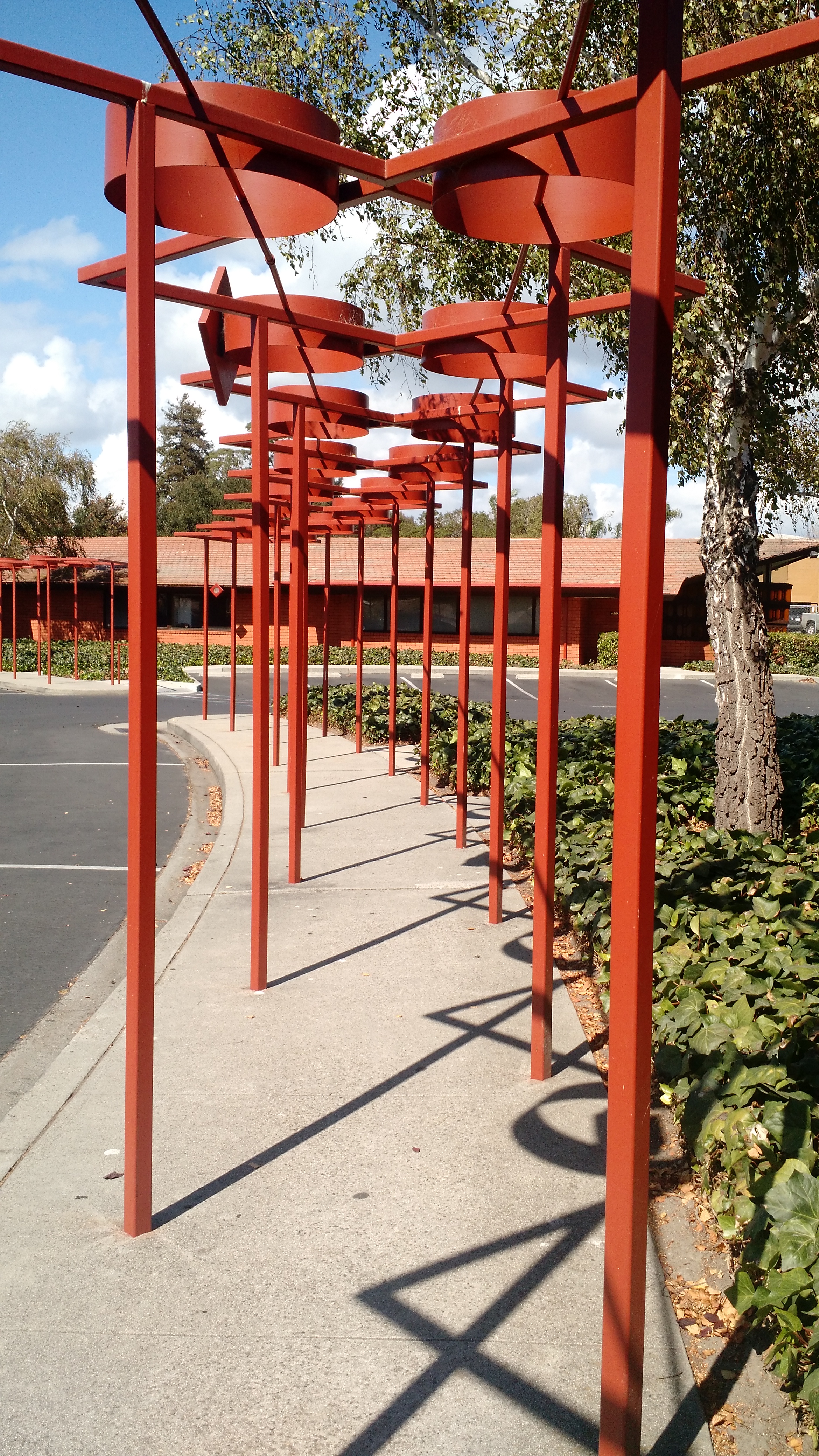LASIK Eye Surgery —Risks vs Benefits, and Complications
/NOT What LASIK eye surgery actually looks like
LASIK, which stands for laser in-situ keratomileusis, is a common laser eye procedure for problems in refractive vision. It can greatly reduce or eliminate your need for glasses and contacts, and the procedure is most often used to correct astigmatism, nearsightedness, and farsightedness.
In the US, over 600,000 people choose to get LASIK operations each year.
How Does LASIK Eye Surgery Work?
In LASIK eye surgery an incision is made across the cornea —the dome-shaped transparent tissue at the front of your eye— with a type of precision cutting laser. This brief 30-minute procedute raises a flap of tissue and reshapes the cornea to correct and improve vision.
It’s perfectly natural to worry about getting eye surgery, but study after study has shown that complications arise in fewer than 1 in 20 procedures. Most complications that do happen are usually minor and complications that result in a loss of vision are extremely rare.
The whole procedure is quick and provides very little discomfort. Most people even see well enough to drive the next day and return to work.
The Benefits of Lasik Eye Surgery
LASIK is a good option for improving vision for many reasons:
LASIK results in immediate vision improvements after undergoing surgery. About 95% of patients who undergo LASIK eye surgery improve their vision to 20/40, while 85 percent return to 20/20 vision.
Most of the time, no bandages or stitches are required. Many patients are able to resume their normal activities in less than 24 hours.
Improvements to eyesight from LASIK eye surgery are permanent, although your eyes’ prescription can still change over time. Patients only ever need follow-up procedures due to changes to eyesight from aging or if the initial correction was not enough.
LASIK eye surgery affords a dramatic reduction or even a complete elimination of the need for glasses
While the procedure requires a financial investment upfront ($2,088/eye as of 2017), patients save hundreds of dollars a year because they no longer need to update their eyeglass and contact lens prescriptions.
Our Optometrists in the Bay Area work with Dr. Furlong to provide Wavefront LASIK and PRK vision correction. While the surgery is done in San Jose, most of the pre-operative and post-operative visits are done right here at Midtown Optometry.
You can also visit Dr. Furlong’s site to learn more about how wavefront technology can minimize higher-order aberrations and thus reduce glare and halos at night.
To learn more about LASIK eye surgery, you can watch this short video:
Continue reading to learn about the LASIK eye surgery’s risks, and possible complications.
Laser Eye Surgery Risks and Complications
While extremely rare, like any surgical procedure, there are a number of LASIK eye surgery risks and side effects.
The most common are relatively harmless and include dry eyes and temporary visual disturbances; these usually clear up after a few weeks or months, and very few people consider them to be a long-term problem.
See below for a comprehensive list of LASIK eye surgery risks and possible side effects before you decide whether LASIK is the right treatment for you
LASIK Eye Surgery Risks and Side Effects Include:
Reduced Tear Production. For the first six month or so after your surgery, your eyes may feel unusually dry. This is because LASIK eye surgery causes a temporary decrease in tear production; dry eyes can reduce the quality of your vision.
We may recommend that you use eyedrops while your eyes heal.
If you experience severe dry eyes, there is another procedure to put special plugs in your tear ducts to prevent your tears from draining away from the surface of your eyes.
Reduced Low-Light Visibility. Generally lasting from a few days to a few weeks after your surgery, you may experience difficulty seeing in low-light conditions, such as at night, at dusk, or in fog. Some patients notice glare and halos around bright lights or experience double vision.
Undercorrections. If your surgeon removes too little tissue from your eye —what’s known as an undercorrection— this can result less dramatic vision improvements than what you were expecting. This happens more frequently in people who are nearsighted.
It is a minor complication and can be fixed with a second LASIK procedure, usually within a year, to remove more tissue.
Overcorrections. A much more serious and difficult to correct complication; this occurs when the surgeon removes too much tissue from your eye.
Astigmatism. An uneven tissue removal can cause astigmatism, which may require additional surgery, glasses or contact lenses.
Flap problems. If not performed properly, folding back the flap from the incision during LASIK eye surgery can cause infection and excess tears; this may also cause the outermost corneal tissue layer (the epithelium) to heal irregularly underneath the flap as the incision heals..
Vision loss or changes. Rarely, patients experience loss or degradation of vision due to surgical complications; some patients may not see as sharply or clearly as they did previously.
Conditions that Increase the Possibility for LASIK Eye Surgery Risks
Certain health conditions increase the likelihood of complications from LASIK eye surgery or make the results of the procedure less predictable.
People with the following conditions are strongly discouraged from undergoing laser refractive surgery:
Autoimmune disorders (ex. rheumatoid arthritis)
A compromised immune system caused by immunosuppressive medications, chemotherapy, or HIV
Chronic dry eyes
Irregular vision due to medications, hormonal changes, pregnancy, breast-feeding or age
Keratitis, uveitis, herpes simplex affecting the eye area, glaucoma, cataracts, eye injuries or lid disorders
LASIK is not advisable if you:
Have an eye disease called keratoconus, or if you have a family history of it
Have fairly good overall vision
Have severe nearsightedness
Have very large pupils or thin corneas
Have age-related eye changes that cause you to have less-clear vision (presbyopia)
Participate in contact sports that may be associated with blows to the face
Our eyes are as uniquely shaped as our fingerprints; at Midtown Optometry, we offer free consultations to help you find out whether you are a good candidate for LASIK and similar procedures.
LASIK eye surgery is a complex, delicate procedure. And, while the benefits can be immense and last a lifetime, there can be many risks and side effects. Let our optometrists help you decide if laser refractive surgery is right for you.
Find out if LASIK is right for you
Call us at (831) 426-7172 to schedule a consultation or schedule your consultation online:

































